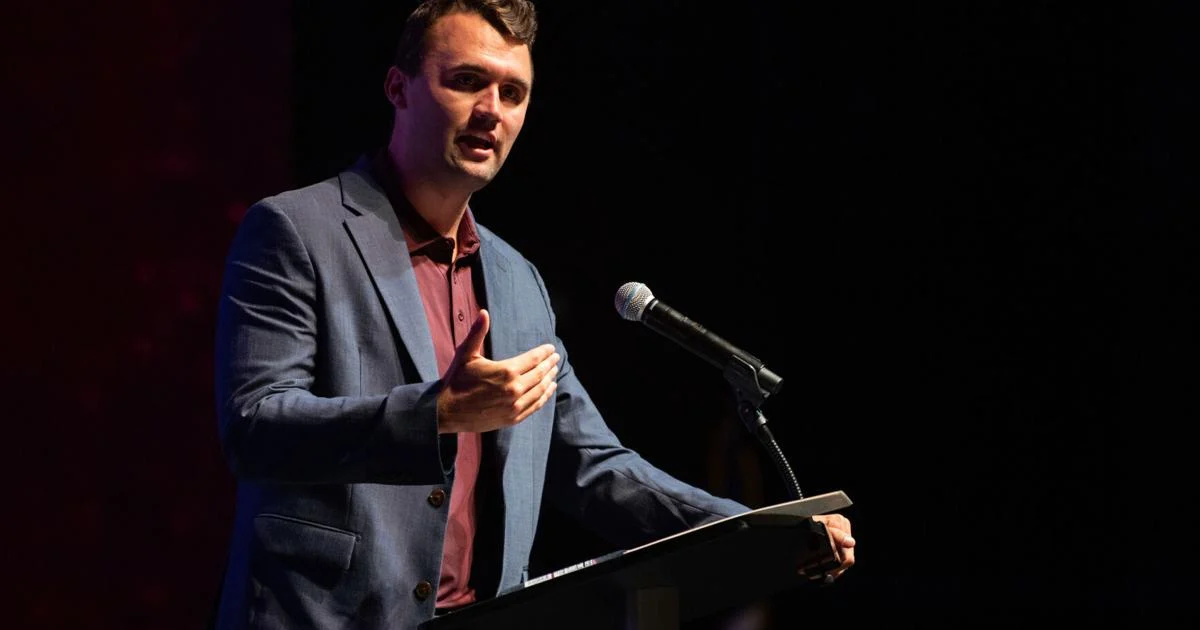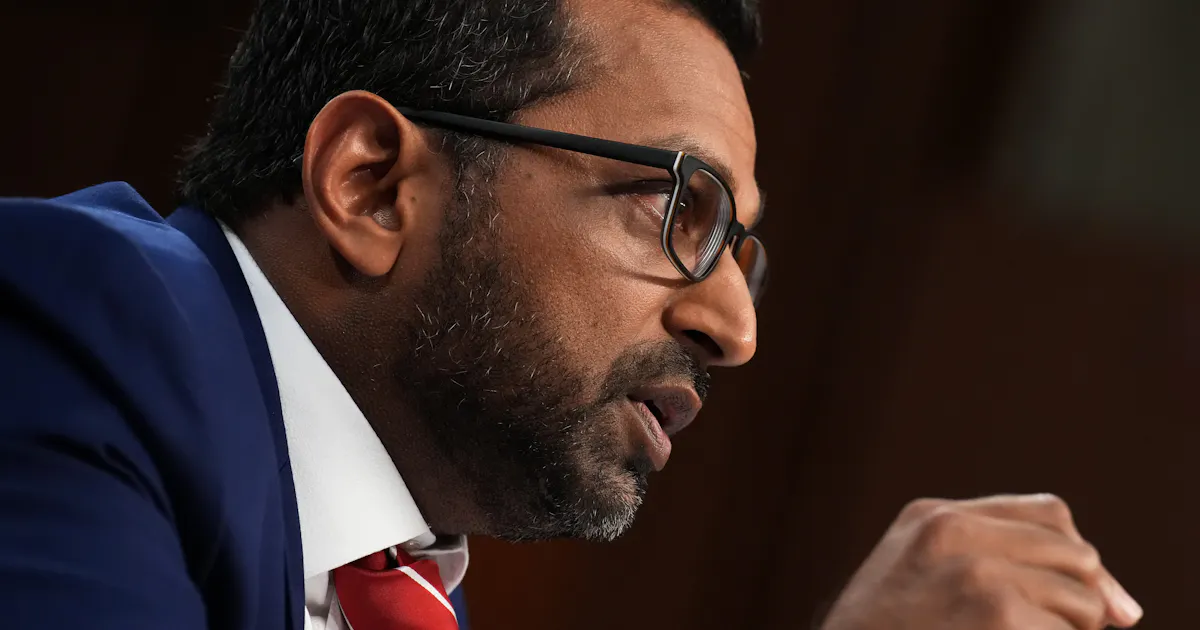
The state of Utah has joined six other states and the Federal Trade Commission in an effort to take on a company they say is behind the lousy ticket-buying experience many consumers face: Ticketmaster and its parent company, LiveNation.
In a lawsuit filed Thursday in the United States District Court’s Central District of California, Utah and the FTC joined Florida, Illinois, Virginia, Nebraska, Tennessee and Colorado to allege the company’s business tactics violate the Better Online Ticket Sales Act and do not do enough to prevent brokers from raising ticket prices.
“Anyone who has ever tried buying concert tickets, only to get hit with a pile of sneaky fees at the checkout, or perhaps even find out the show is actually ‘sold out,’ knows how frustrating it is to buy tickets with Ticketmaster or Live Nation,” said Utah Attorney General Derek Brown. “Today Utah says ‘no more.’”
A representative for LiveNation did not respond to a request for comment Thursday.
The lawsuit lists three main issues with Ticketmaster’s business practices as the nation’s largest ticket-selling company:
Bait-and-switch pricing
The FTC and the seven states take issue with the discrepancy between Ticketmaster’s posted ticket prices and the real price consumers pay at checkout once mandatory fees are factored in. Those fees, the lawsuit said, raise the price by 30% or more.
This “bait and switch” approach serves to create a “lift” in sales, the lawsuit says, allowing Ticketmaster to profit massively by misrepresenting the total price and keeping listings artificially low.
“Defendants have claimed publicly that they support ‘all-in-pricing’ — where, as they put it, ‘the first price the consumer sees is the price the consumer pays,’” the lawsuit states. “Yet, over the last decade, the first price the consumer has seen on Ticketmaster’s platform has almost never been the price the consumer pays.”
Hiding the real final price is an intentional tactic to boost revenue, the lawsuit says, a method “from years of internal testing” that showed the company took in more money if it didn’t show the full price up front.
Most of Ticketmaster’s revenue on primary and secondary ticket sales comes from their initially hidden mandatory fees, which brought in $11 billion from 2019 through 2024, according to the lawsuit.
Deceptive ticket limit
Though artists rely on Ticketmaster to limit the amount of tickets one customer can buy to allow better access to shows and events, the lawsuit alleges that Ticketmaster regularly allows brokers to break the limit.
While Ticketmaster has blamed the issue on bots and scalpers, the lawsuit says they “have known for years that ticket brokers often buy as many as thousands of tickets for a single event,” preventing fans from buying tickets at prices artists set.
Though Ticketmaster claims to have measures in place to actively enforce artists’ ticket-purchasing limits, the lawsuit says the company’s posted policies are insufficient and are intentionally left vulnerable to scalpers.
Ticketmaster and LiveNation “do not as a matter of course cancel the tickets they identify as having been purchased by circumventing their enforcement measures,” the lawsuit says, “nor do they block the accounts that have repeatedly made such purchases.”
Routinely, the lawsuit says, brokers will make hundreds or thousands of Ticketmaster accounts under fake names and information.
The company will then hire employees or use contractors to operate their many accounts and purchase more tickets than posted policy allows, according to the lawsuit.
Profiting from scalping
Not only has Ticketmaster known about other parties that buy tickets before selling them at a higher price, the lawsuit says, the company has actually encouraged other brokers to use several Ticketmaster accounts to get around the site’s security.
When those tickets are resold on Ticketmaster, the company once again collects fees on the resale of the same tickets, the lawsuit says.
On its secondary market, Ticketmaster is also able to increase the price of tickets set by vendors, and pocketing the difference, the lawsuit says.
This behavior, according to the lawsuit, is in violation of the Better Online Ticket Sales Act, which prohibits selling tickets that were purchased by working around measures to enforce ticket-purchase limits.
“LiveNation and Ticketmaster have systematically eroded consumer trust by deliberately misrepresenting ticket costs,” said Margaret Woolley Busse, the executive director of the Utah Department of Commerce. “We are committed to protecting consumers from deceptive practices and unnecessary fees. We are taking action to hold Live Nation and Ticketmaster accountable and restore fairness in the marketplace.”



